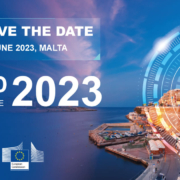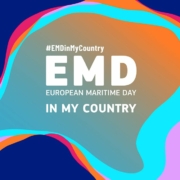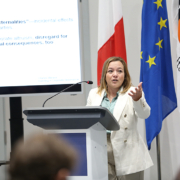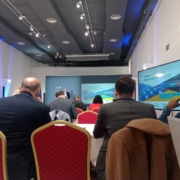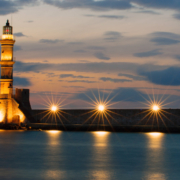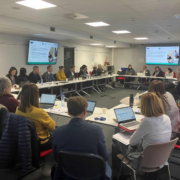Brussels, January 26, 2022. During the Hackathon organised by the WestMED Assistance Mechanism in Malta on June 30th 2022 and a couple of meetings under MSPMED project, the relevant stakeholders discussed about the creation of an open Community of Practice for exchange on MSP in the framework of the WestMED Initiative and supported by CINEA and DG MARE.
In the Mediterranean, there are many policy drivers for the implementation of Maritime/Marine Spatial Planning at regional, sub-regional and national levels. These include the MSP Directive implementation for the European Union Member States, the Ministerial declaration on Blue Economy of the Union for the Mediterranean and the Conceptual Framework for MSP developed by UNEP/MAP promoting a common approach to MSP as a key process for planning and managing the marine space in line with the provisions of the ICZM Protocol. Still, the MSPglobal pilot project in the Western Mediterranean Sea promoted by UNESCO-IOC and the European Commission allowed the creation of a network of experts and the publication of specific technical reports and recommendations.
Given the existing policy framework and the broader political will to commonly work on MSP, there is a shared interest to set an MSP Community of Practice in the Mediterranean, in the framework of the WestMED Initiative. The MED-MSP-CoP will be initially focused on the Western Mediterranean, being however open to experts and observers from the whole Mediterranean..
The main objective of the MED-MSP-CoP is to establish a permanent communication and dialogue across borders between experts on MSP (i.e. planners, technical experts, researchers), and to exchange knowledge and relevant experiences in the region, so as to reach a shared perspective on topics of common interest on MSP and enhance the cooperation between the north and the south of the Mediterranean.
On January 26, 2023, CINEA and DG MARE officially launched the Community of Practice during the kick-off meeting in Brussels where the experts discussed the structure and the action plan for the next year.
Thanos Smanis, WestMED expert and member of the MSP Assistance Mechanism, highlights “the instant willingness by MSP experts to mobilise and establish a Community of Practice on MSP for the MED, for joint dialogue and cooperation, demonstrates the shared perception that this will significantly support the creation of a regional framework and vision whereby all stakeholders will be needed.”
Next to the the Community of Practice on MSP, three technical-/ work groups have been formed under the WestMED Initiative; Sustainable Transport-Green Shipping, the AquaWEST technical group on aquaculture and the Maritime Clusters Alliance.
More information on the Community of Practice on Maritime Spatial Planning (MSP) for the Mediterranean : https://cinea.ec.europa.eu/news-events/news/two-days-key-developments-maritime-spatial-planning-2023-01-25_en
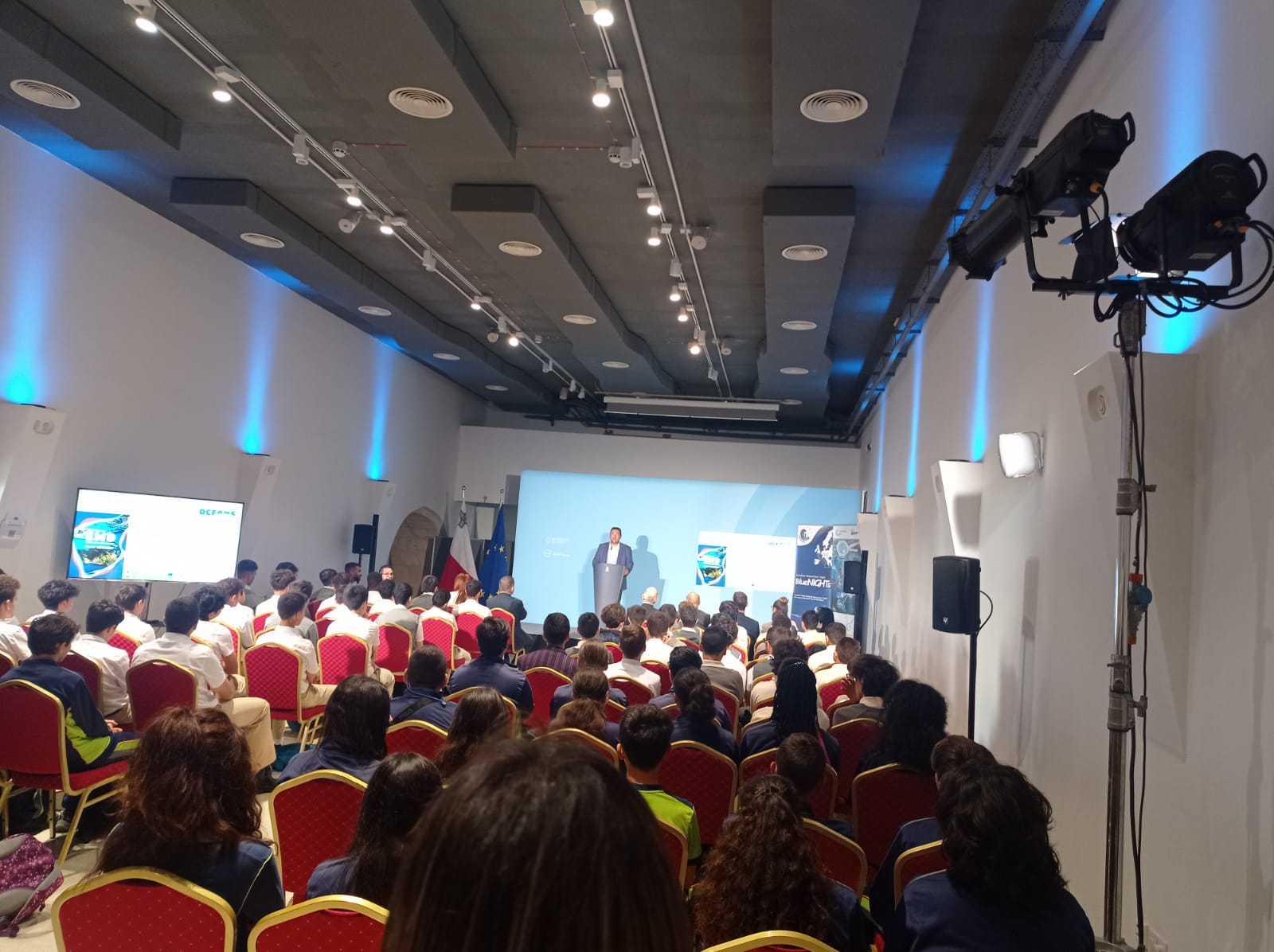

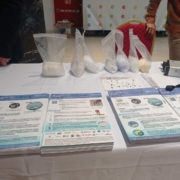
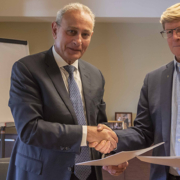 Union for the Mediterranean
Union for the Mediterranean